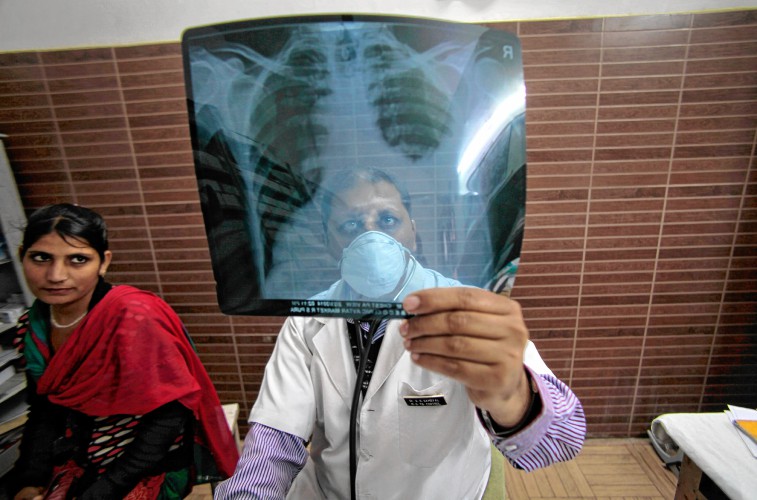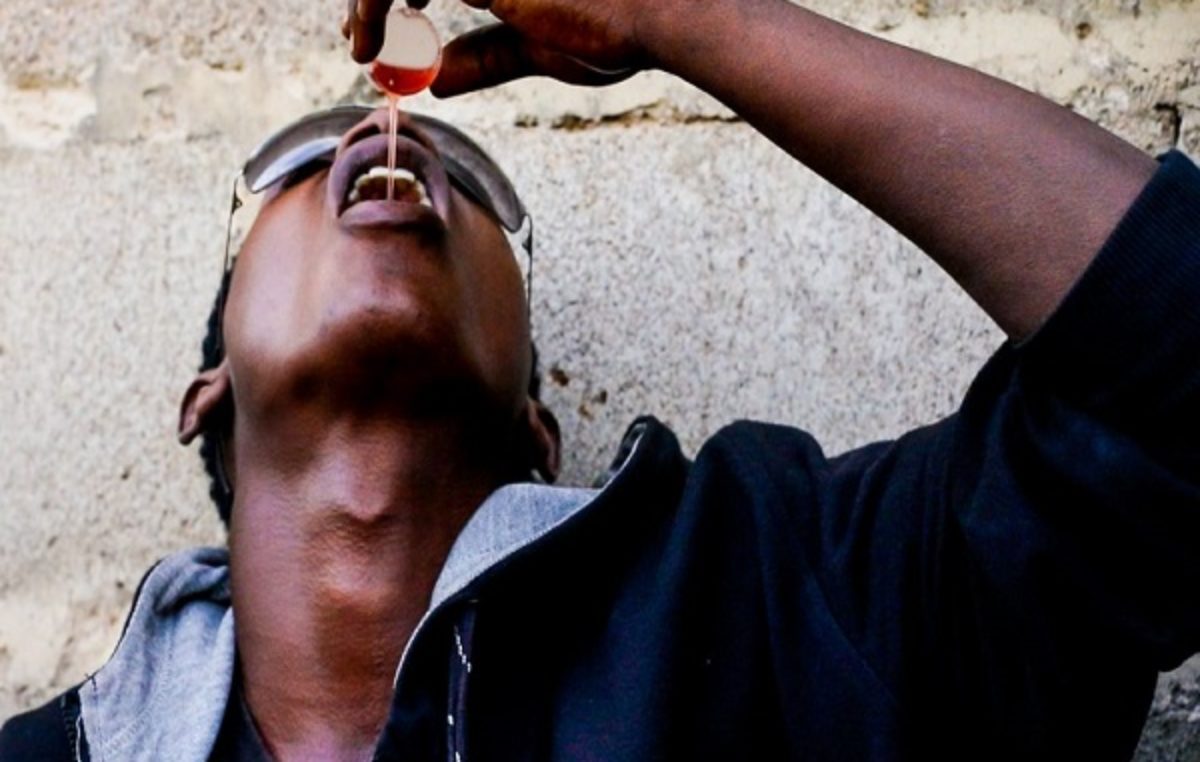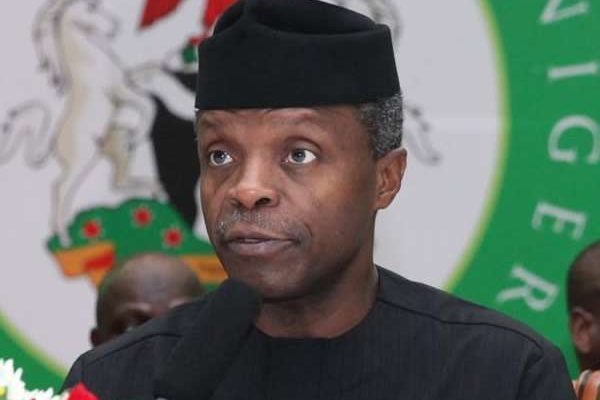
Create More Awareness On Early Detection Of Tuberculosis- Expert
A General Physician, Dr Datonye Alasia, has called on health institutions and stakeholders in Nigeria to create more awareness on early detection of tuberculosis and ways to curb its spread.
Alasia, who is a member of the National Drug Resistant Tuberculosis Committee, University of Port Harcourt Teaching Hospital, made the call in an interview on Wednesday in Lagos.
The Institute of Human Virology Nigeria and the National Tuberculosis and Leprosy Control Programme recently organised a review meeting in Lagos.
Alasia said: “There is an urgent need to create more awareness on national response among the patients and health workers. “It is important to reach out to people in different communities and as well spread the messages on tuberculosis, its symptoms and how people can look out for the signs.
“People need to know that tuberculosis is a deadly disease, but also a curable disease, if reported early and this will also reduce its further spread.
“The major symptoms of tuberculosis include: coughing that lasted for more than two weeks, chest pain, weight loss and excessive sweat at night.
“We all know it is an airborne infection which can infect anybody around the tuberculosis patient by inhaling the cough.
“This is why it has continued to be a serious public health problem in Nigeria.’’
According to him, there are challenges in the improvement in case finding and treatment of tuberculosis in Nigeria.
“There are gaps in finding cases and that has been the biggest challenge. Government needs to improve on funding, because donor funding is reducing due to sustainability.
“We are happy to hear that government was able to provide drugs for 220 patients with drug resistant TB this year, and even incorporated the private sector; so, we have a strong public and private sector mix. “But going forward, we will expect that government should actually commit more resources and then ultimately strengthen our health system.
“This needs to be taken seriously so that we can mobilise resources that we have already to deal with healthcare challenges which tuberculosis is one of them,’’ he said.




